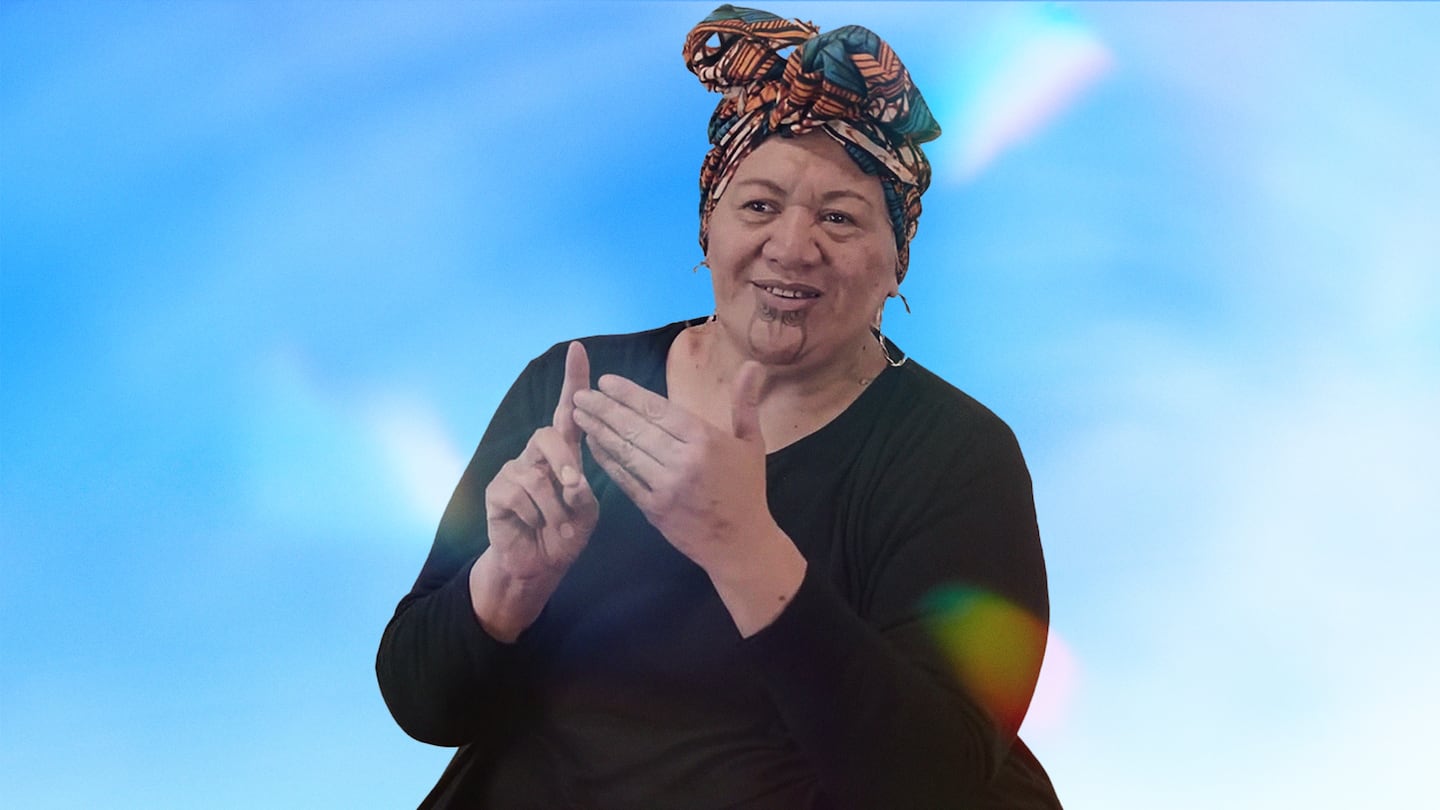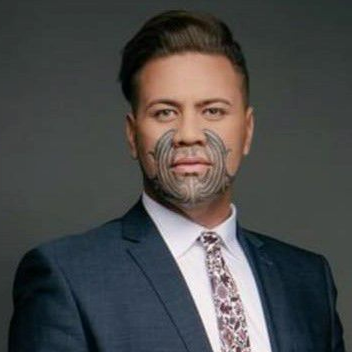Stephanie Awheto, New Zealand’s first trilingual interpreter, has died of cancer.
Awheto devoted her career to ensuring the Māori deaf community was connected to te ao Māori by being its eyes and ears through tikanga processes on marae.
She was a passionate and dedicated leader throughout her 30-year career.
In 2021, Awheto was diagnosed with stage 4 breast cancer, taking to social media to highlight the struggles and to mark the milestones.
Awheto was relentless in her advocacy, highlighting the issue of the lack of trilingual interpreters in Aotearoa.
Reflecting on the last Deaf National Hui she attended, she urged the community to ramp up efforts.
“I’m really wanting them to start to knuckle down and make real progress in increasing the number of trilingual interpreters in Aotearoa” she said.
Kupu Māori and associated concepts don’t exist in English sign language, a driving force throughout her career.
In developing and normalising Māori concepts, she even invented some signs.
She took her advocacy to TikTok, gathering more than 7,000 followers.
“Thirty years on, we’ve had a total of 18 Māori interpreters graduate.
“Of those 18, maybe three or four could stand in a reo environment” she said.
At the 2024 Deaf Awards, she was presented with Te Panekiretanga o te Reo Rotarota for her contribution to the deaf community.
The citation at the awards recognised her efforts to bridge the gap for te iwi turi Māori.
“Her relationship with the deaf world began when she was introduced to the late Patrick Wikiriwhi Thompson. Their relationship was more like whanau – together they worked on carving a path for turi Māori. They supported those wanting to reconnect with their Māoritanga and reclaim matauranga Māori”
“Awheto would often drive hours at a moment’s notice to be with Māori deaf people at their whanau tangi. This not only provides access to proceedings and customs of a tangi but has allowed, sometimes for the first time, deaf whanau to stand and speak about their loved one and given a space for them to share their memories.”
Today her tūpāpaku will be taken back to her marae at Oeo, Taranaki.




